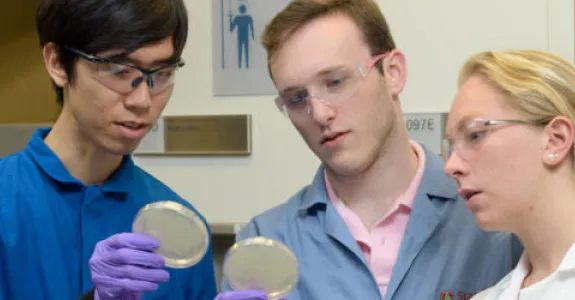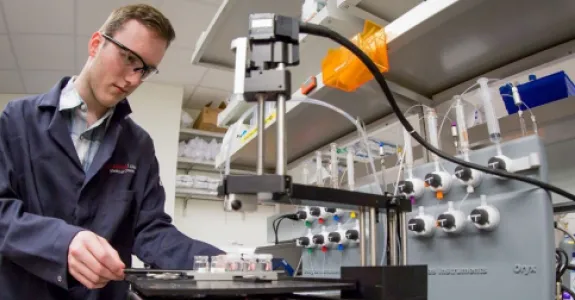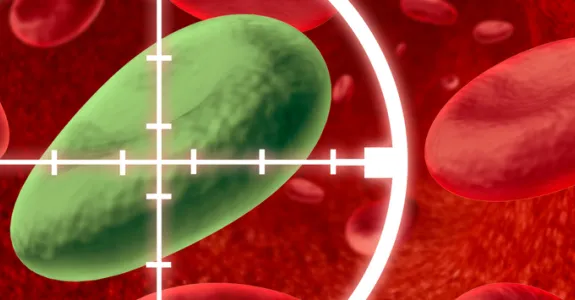
Research in Dr. Chaitan Khosla's laboratory focuses on problems where deep insights into enzymology and metabolism can be harnessed to improve human health.
For the past two decades, Dr. Khosla's lab has studied and engineered enzymatic assembly lines called polyketide synthases that catalyze the biosynthesis of structurally complex and medicinally fascinating antibiotics in bacteria. An example of such an assembly line is found in the erythromycin biosynthetic pathway. The lab's current focus is on understanding the structure and mechanism of this polyketide synthase. At the same time, they are developing methods to decode the vast and growing number of orphan polyketide assembly lines in the sequence databases.
For more than a decade, Dr. Khosla's group has also investigated the pathogenesis of celiac disease, an autoimmune disorder of the small intestine, with the goal of discovering therapies and related management tools for this widespread but overlooked disease. Ongoing efforts focus on understanding the pivotal role of transglutaminase 2 in triggering the inflammatory response to dietary gluten in the celiac intestine.










